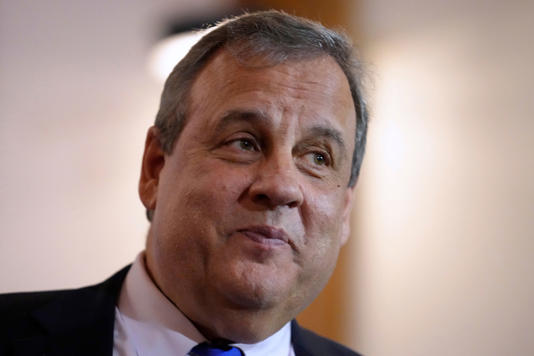Chris Christie’s recent decision to forgo a potential presidential bid as the No Labels candidate has sparked significant discussion and speculation about the future of centrist politics in the United States. In this comprehensive analysis, we delve into the factors that influenced Christie’s choice, the implications for the No Labels movement, and the broader landscape of American politics. By examining the dynamics of third-party candidacy, the challenges of electoral viability, and the evolving role of centrist voices, we aim to provide insights into the complex intersection of political ambition, pragmatism, and ideological diversity in contemporary American democracy.
Exploring Christie’s Considerations: Balancing Ambition and Practicality Central to Christie’s decision-making process were considerations of both personal ambition and political viability. We dissect the factors that led Christie and his team to explore the possibility of a third-party bid, including public dissatisfaction with the major-party contenders and the perceived appetite for an alternative option among voters. Through an analysis of polling data, campaign budget projections, and strategic assessments, we unravel the intricate calculus that ultimately led Christie to conclude that a pathway to victory was elusive.
The Challenges of Third-Party Candidacy: Navigating Obstacles to Success Christie’s decision underscores the formidable challenges inherent in mounting a third-party presidential campaign in the United States. We examine the logistical hurdles of ballot access, fundraising, and electoral strategy that confront independent candidates, shedding light on the practical constraints that limit their prospects for success. Moreover, we explore the strategic considerations surrounding the risk of unintended consequences, such as potential spoiler effects and the diversion of votes from major-party candidates.
The Role of No Labels: Assessing the Movement’s Impact and Future Direction As Christie’s decision reverberates within the No Labels movement, we evaluate the organization’s role in shaping the landscape of American politics. From its advocacy for bipartisan cooperation to its efforts to promote pragmatic solutions to national challenges, we assess the impact of No Labels on the political discourse and its potential to cultivate a viable centrist alternative. Additionally, we consider the implications of Christie’s withdrawal for the movement’s quest to nominate a presidential ticket and its broader objectives of fostering unity and moderation in governance.
The Evolution of Centrism and the Quest for Political Reform In conclusion, we reflect on the broader implications of Christie’s decision within the context of contemporary American politics. From the ongoing polarization of the electorate to the imperative of democratic reform, we contemplate the future trajectory of centrist politics and the quest for pragmatic governance. By examining the lessons learned from Christie’s deliberations, we offer insights into the challenges and opportunities facing advocates of moderation and bipartisanship in an era of deep political divisions and partisan strife.
